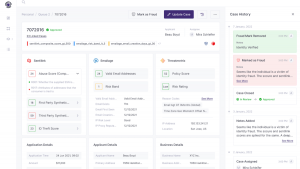Despite Selling the Newest Models, Apple’s Average Phone Sold is Less Expensive Than you’d think
Consumer Intelligence Research Partners has previously noted the success of the iPhone 14 line-up. Not since iPhone 7 and 7 Plus in 2017, have the current year phones captured a greater share of new iPhone sales.
Despite that, the folks at CIRP say they’ve identified an unusual decline in an important metric. Since Apple stopped releasing an Average Selling Price (ASP) for iPhones in 2018, the research group has calculated the Weighted Average Retail Price (US-WARP) of iPhones sold in the US. The numbers move similarly, though ASP was a global number, and US-WARP does not take into account wholesale discounts that Apple may offer to different retailers.
US-WARP rises and falls with the annual cycle of iPhone launches. Peak demand for the newest and most premium phones is in the December quarter, which is typically the first full quarter of availability for newly launched models, and sometimes increased sticker prices. In succeeding quarters, US-WARP can stay steady or decline as more casual iPhone buyers make up a greater proportion of purchasers and gravitate to more value priced models and storage capacities.
For the past few years, the June quarter has seen an increase in US-WARP. This year is an exception, notes CIRP. In the quarter, US-WARP was US$948, down from $988 in the March 2023 quarter, and even slightly below the $954 from the year-ago June 2022 quarter.

